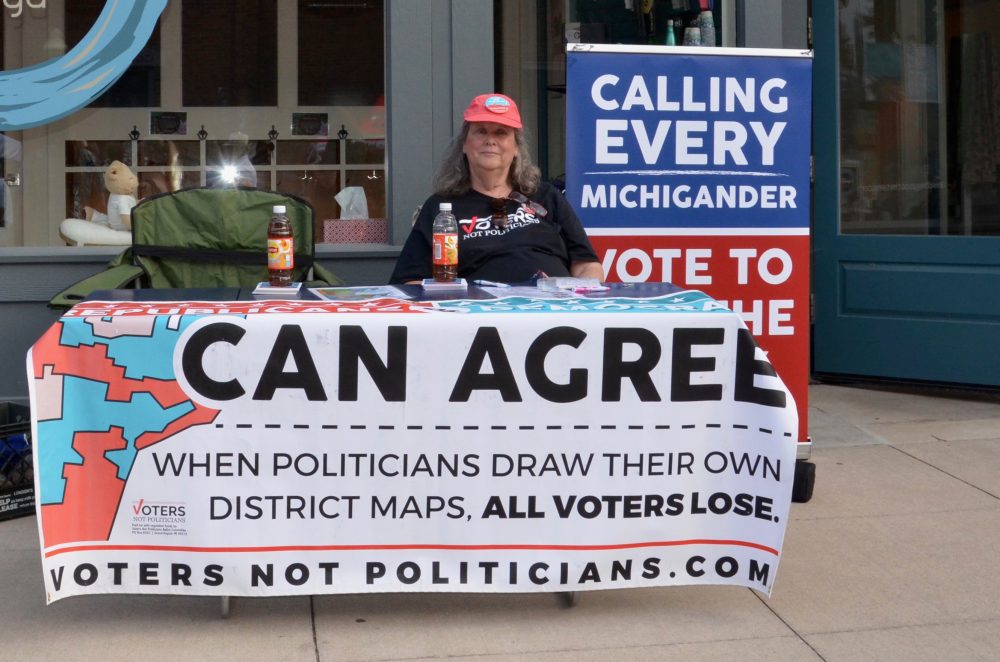Last month’s midterm elections were rightly celebrated for the sweeping progressive wins seen at the federal level and in many states. But they also revealed another result worth applauding—voters pushing back against anti-democratic state legislatures. In Missouri and Arkansas, for example, voters turned to state ballot initiatives to raise the minimum wage when state law prevented them from addressing the issue at the local level. Other states pursued structural reform: voters approved anti-gerrymandering initiatives in each of the four states—Colorado, Michigan, Missouri, and Utah—where they appeared. Hopefully, these wins mark the beginning of a larger trend of pro-democracy measures, given the pernicious effects that preemption and gerrymandering have had on local democracy.
Intentional partisan gerrymandering—drawing electoral districts in a way that maximizes the voting power of one’s own party—is hardly a new practice, but it is one that has become more extreme as modern technology and statistical modeling techniques allow legislators to entrench their own electoral advantage. Thus, gerrymandering essentially makes state legislatures less representative of the voters they are meant to speak for. And when gerrymandering is coupled with preemption—the use of state law to block cities from enacting policies on a given topic—local democracy suffers a double blow: not only are local communities underrepresented at the state legislature, but they are also blocked from pursuing their preferred policies at the local level. Put another way, preemption of local policies becomes especially problematic when it is done by a state legislature that systematically underrepresents the communities that are most affected.
Moreover, both gerrymandering and preemption tend to disproportionately harm minority and otherwise marginalized communities, making it harder for historically underrepresented voices to be heard at either the state or local level. In North Carolina, for example, which in 2016 had one of the most extreme gerrymanders in the country, the legislature was able despite widespread condemnation to pass the infamous HB2, which invalidated local LGBTQ nondiscrimination ordinances and instituted other anti-LGBTQ and anti-worker measures; HB2 was passed in large part because gerrymandering shielded legislators from the electoral consequences of their actions. Similarly, last year the majority-white Missouri legislature blocked local minimum wage increases, taking away a pay bump that had already taken effect in St. Louis, a majority-minority city.
But as this election showed, voters are embracing anti-gerrymandering and other pro-democracy efforts. A Better Balance knows first-hand how important it is for cities and local communities to be able to develop and implement policies that are responsive to their own needs and for their voices to be heard at all levels of government, which is why structural, pro-democratic reforms are so crucial for progressive policymaking across issues.








